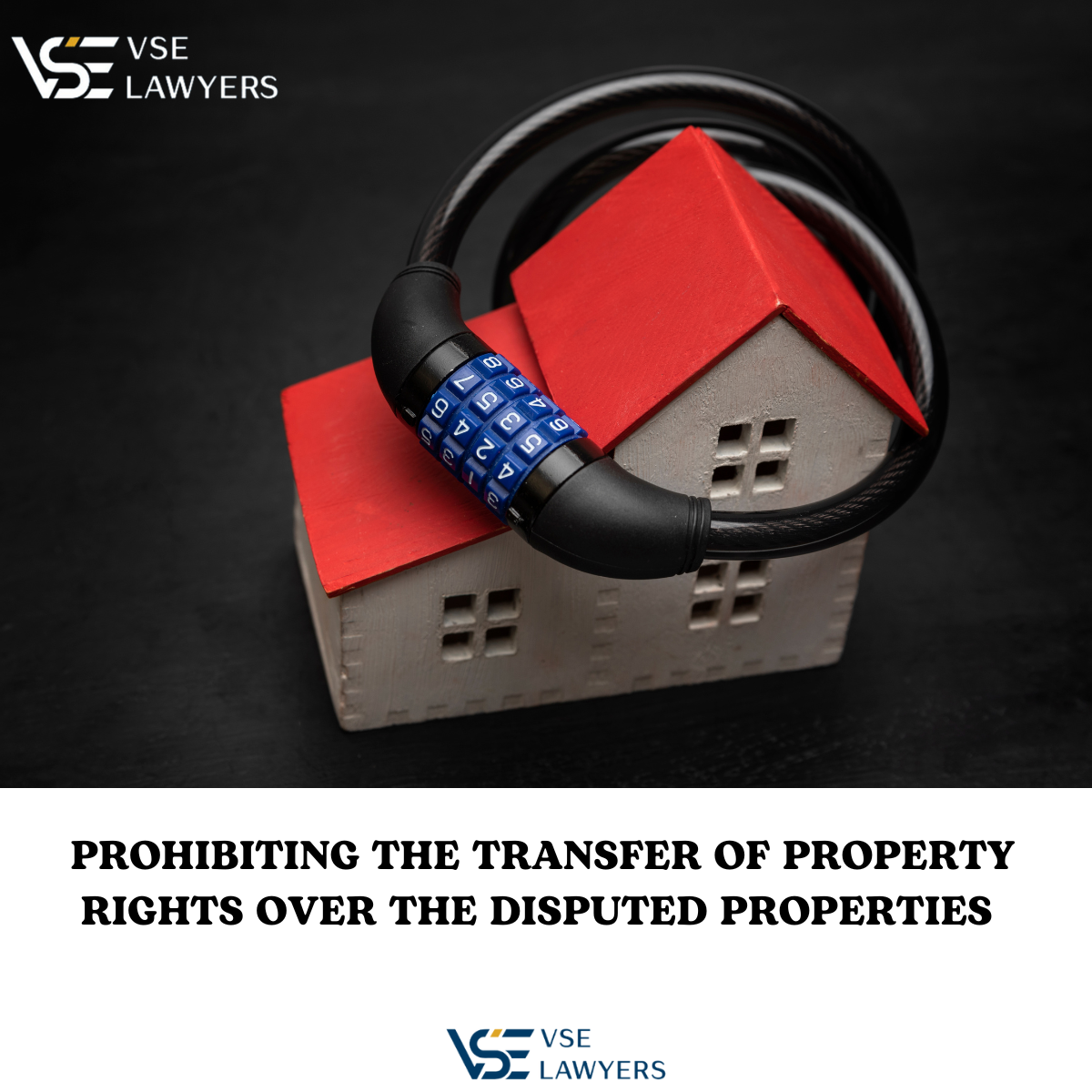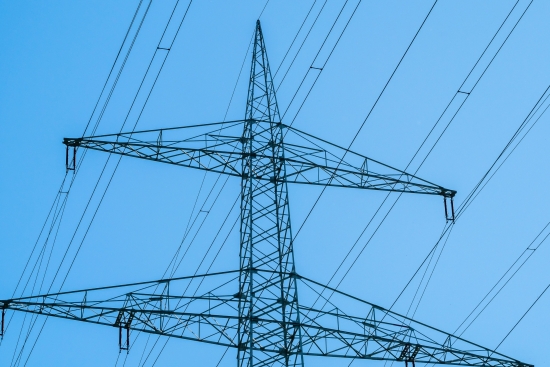PROHIBITING THE TRANSFER OF PROPERTY RIGHTS OVER THE DISPUTED PROPERTIES
We provide detailed information about prohibiting the transfer of property rights concerning disputed assets. With insights into the legal measures and related regulations, you'll gain a better understanding of the process and consequences of restricting property transfers in such situations
04/10/2023

I. Legal basis
II. Cases Subject to Prohibition of Transferring Property Rights over Disputed Properties
Provisional emergency measures are measures that the court decides to apply during the process of resolving civil cases to address the urgent needs of the parties, protect evidence, preserve assets to prevent irreparable harm or ensure the enforcement of judgments.
According to Clause 7, Article 114 of the Code of Civil Procedure 2015, the prohibition of transferring property rights over disputed properties is one of the temporary emergency measures. Specifically, the concept of this measure is defined in Article 121 of the Code of Civil Procedure 2015 as follows:
“The prohibition of transferring property rights over disputed properties shall be applied if, during the process of resolving the case, there is a basis to believe that the person currently in possession of or holding the disputed property has engaged in transferring property rights over the disputed property to another person”.
Therefore, in cases where there is a basis to believe that the person currently in possession of or holding the disputed property has engaged in transferring property rights over the disputed property to another person during the process of resolving the case, the competent authority may issue a decision to prohibit the transfer of property rights over the disputed property.
III. Legal Consequences
Under the provisions of the law, the legal consequences of applying the prohibition of transferring property rights over disputed properties are determined as follows:
Firstly, in cases where the application of the prohibition of transferring property rights over disputed properties is in accordance with the law and legal requirements, it helps to ensure the rights and conditions for the enforcement of judgments after the verdict or decision becomes effective. However, if the decision to apply this measure is canceled, in accordance with Clause 2 Article 138 of the Code of Civil Procedure 2015, the Court is responsible for examining and deciding whether the party requesting the application of the measure should receive back the secured documents such as bank or credit institution guarantees secured by property or valuable items like money, precious metals, gemstones, or valuable documents.
Secondly, in cases where the request for applying the prohibition of transferring property rights over disputed properties is not correct and causes harm to the party subjected to the measure or to a third party, the party requesting the application of the measure must compensate for the harm. Additionally, the party requesting the measure may not receive back the secured documents such as bank or credit institution guarantees secured by property or valuable items like money, precious metals, gemstones, or valuable documents.
These provisions aim to protect the interests of the party subject to the prohibition of transferring property rights over disputed properties and prevent the abuse of the right to request the application of the measure by the requesting party. However, the law does not specify any responsibility of the Court when determining the amount to implement the security measure that is not equivalent to the loss or damage that may arise due to the incorrect application of this measure, which affects the rights of the party subjected to the measure or a third party.
----------
For more information, please contact:
Hoang Pham (James) / Managing Partner at: hoang.pham@vselawyers.com
© 2023 VSE LAWYERS LIMITED LIABILITY LAW COMPANY – All rights reserved.
Attention: This legal update is not an advice and should not be treated as such.
Subscribe To Legal Advice from VSE Lawyers
If you would like to have any legal questions, please contact us for our advice




